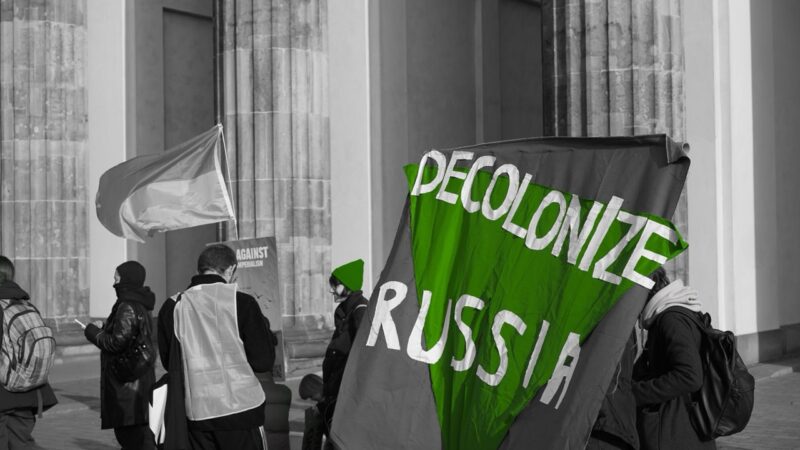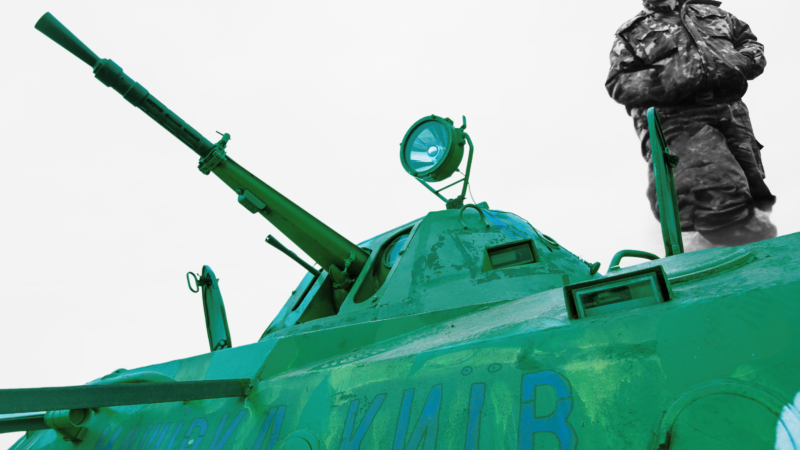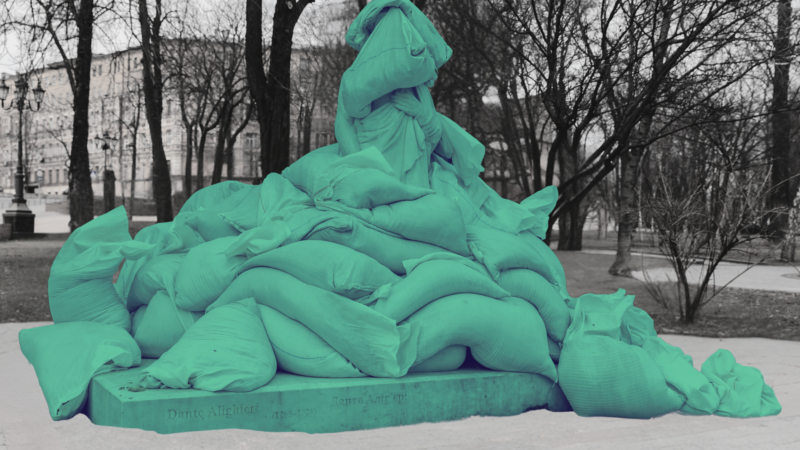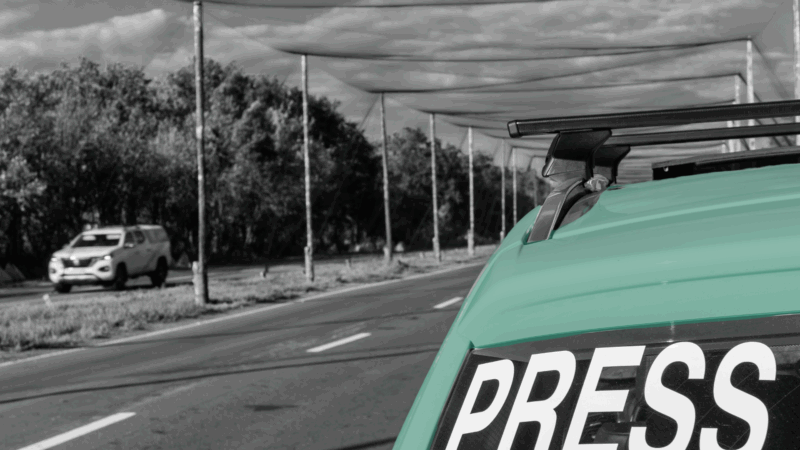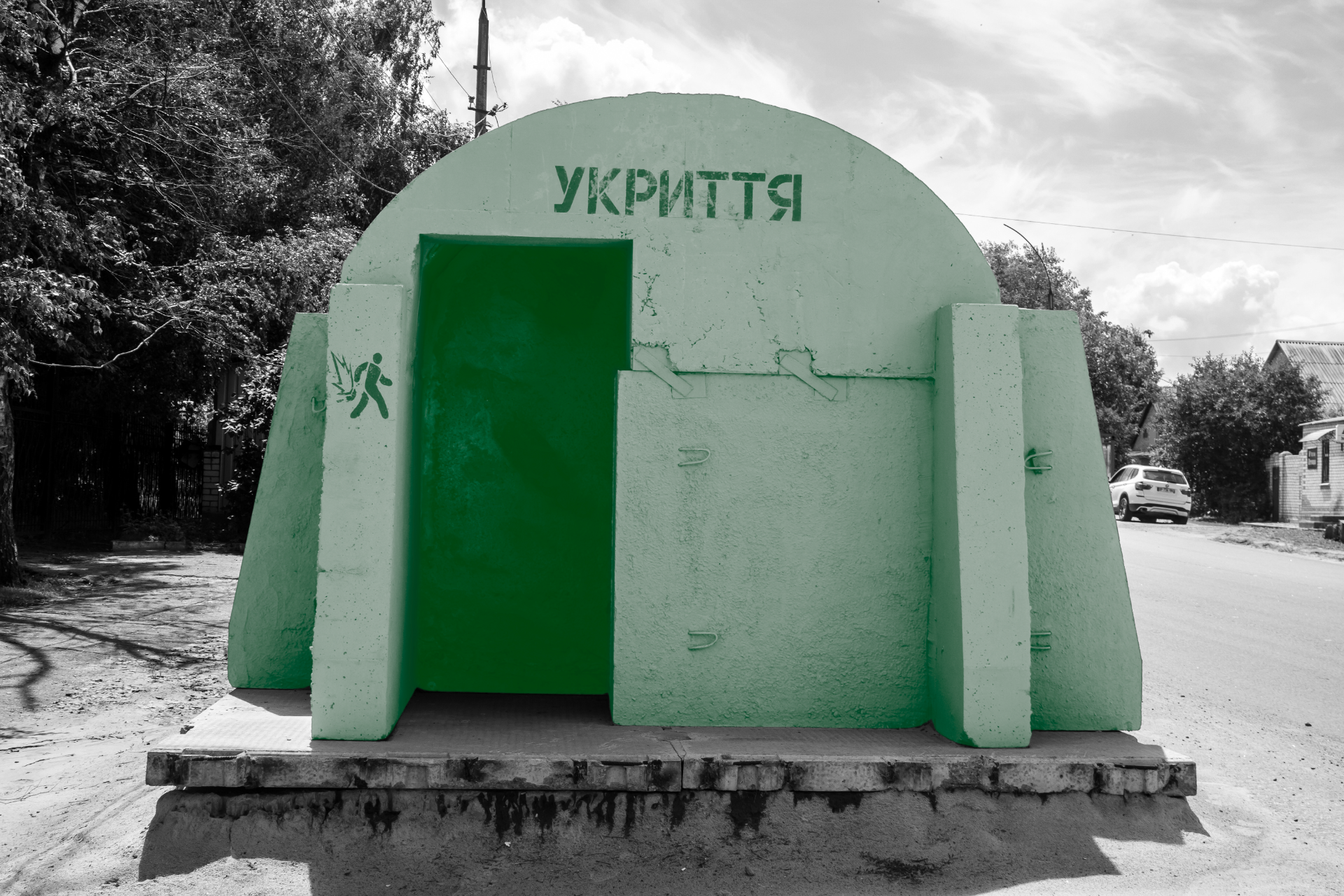Interview with Denys Brylov | Ukrainian Muslims fulfill diplomatic role, explaining the situation to their co-religionists in other countries
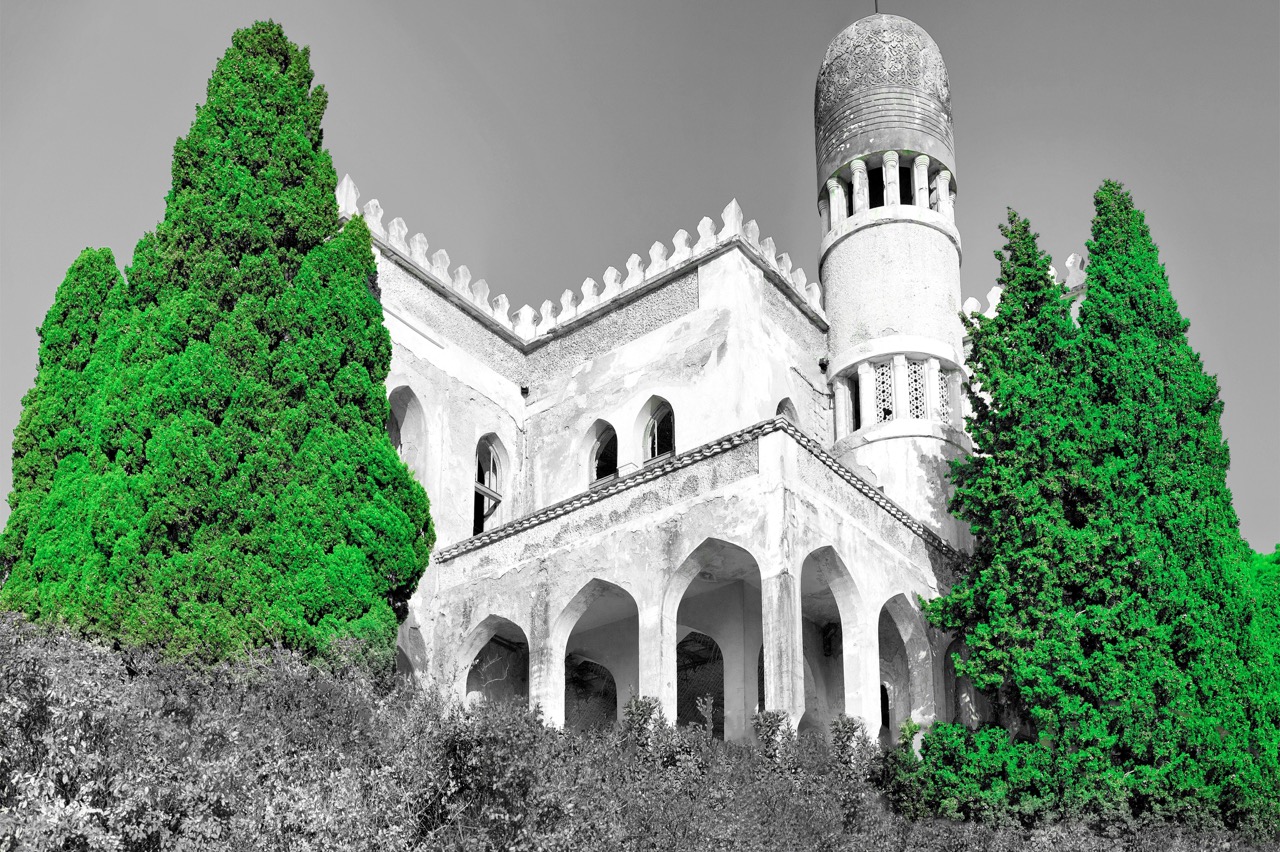
Heather Coleman: Many readers will have heard about the Crimean Tatars, but there are actually several Muslim groups in Ukraine. Can you say a few words about this diverse community?
Brylov: Certainly, Crimean Tatars, who are the indigenous people in that part of Ukraine, are the most recognizable part of the Ukrainian Islamic community. Moreover, Crimean Tatars have been closely associated with Ukrainian history for many centuries. Nonetheless, other groups have had and continue to have a great influence on the Muslim community of Ukraine, although they do not have as long a history in Ukraine as the Crimean Tatars.
First of all, there are the Volga-Ural Tatars (or simply Volga Tatars). Their presence in Ukraine can be traced back to the second half of the 19th century. Volga-Ural Tatars were present in mainland Ukraine to a much greater extent than the Crimean Tatars, primarily in cities such as Kyiv, Kharkiv, and Odesa as well as the Donbas region. At the same time, many Volga Tatars remained spiritually connected to their homeland communities in the Russian cities of Kazan and Ufa. Even at the peak of Soviet-era anti-religious policies, they maintained informal contacts, including theological ones. During this time the Volga Tatar communities in Ukraine created the muhtasibat, an administrative branch of the Central Spiritual Administration of Muslims in Ufa. Moreover, one of the main routes of pilgrimage (hajj) for the Muslims of the Russian Empire passed through Ukraine—including Kharkiv and Odesa. This route was also controlled primarily by the Volga-Ural Tatars.
In addition to the Volga-Ural Tatars, Azerbaijanis play an important part in the Ukrainian ummah. From the early 20th century, they made up the majority of Muslim students studying at the universities of Kyiv, Kharkiv, and Odesa. Azerbaijani students actively participated in a 1913 attempt to organize the All-Russian Congress of Muslim Students in Kyiv. Later, during the Soviet period, the number of Azerbaijanis who stayed to live in Ukraine increased even more. A significant group of Muslims in Ukraine also constitute the Meskhetian Turks, or Ahiska; they were deported from Georgia to Uzbekistan and Kazakhstan in 1944 and resettled in Ukraine in the early 1990s after inter-ethnic conflict in the Fergana Valley of Uzbekistan.
There are other Muslim groups as well, mainly so-called “ethnic Muslims”—natives of the Muslim republics of the Soviet Union. In Soviet times, they stayed in Ukraine after graduating from Ukrainian universities or military service. My book on the history of Islam in the territory of Ukraine from the late 19th century to the present is being prepared for publication. In it, I show how diverse the Muslim community of Ukraine is from historical and ethnic perspectives.
Coleman: How have Ukrainian Muslim communities responded to the war—as citizens and as Muslims?
Brylov: In general, we can say that the overwhelming majority of Muslims in Ukraine have shown a clear civic stance, condemning the Russian invasion and actively participating in the volunteer movement supporting the Ukrainian armed forces. They are also taking a direct part in defending Ukraine. There are different data on the number of Muslims fighting in the Armed Forces of Ukraine (Ukrainian acronym: ZSU). For example, representatives of the Azerbaijani diaspora cite the figure of 500 Azerbaijanis fighting in the ZSU. Meanwhile, there are no exact data on the number of Crimean Tatars in the ZSU—estimates vary from 500 to several thousand.
If we mark 2014 as the outbreak of the war, the scenario was notably different, with known instances of cooperation on the part of some Muslim religious groups located in the occupied territories—namely, Crimea and the Donbas—with Russian authorities. Above all, this refers to the Spiritual Administration of Muslims of Crimea, led by Emirali Ablayev, who adopted a pro-Russian stance from the first days of Crimea’s annexation and has maintained this position up to the present day. Similarly, some religious associations in Donetsk have taken a pro-Russian stance.
Separating the specific reactions to the war along religious lines, there are three positions. Among supporters of Salafism (including some jihadists), as well as followers of the Hizb ut-Tahrir movement, the prevailing views are that since Russia and Ukraine are non-Muslim states, their conflict does not concern Muslims, or it should be used to the Muslims’ benefit.
The second position is to support Russia and its invasion of Ukraine. This stance is observed primarily on the part of official Russian muftis who are trying to theologically justify the legitimacy of their believers participating in this war. It should be taken into account that this position does influence Ukrainian Muslims to some extent, primarily those who originated from Russian regions with an ethnic Muslim majority—in particular, the “Muslim” republics of the North Caucasus and, to a lesser extent, Tatarstan and Bashkortostan. Given that the Palestinian Hamas movement fully supported the Russian invasion, those Ukrainian Muslims who sympathize with this movement unwittingly found themselves having to choose what is more important to them—their civil or their religious identity.
The third position is support for Ukraine in its resistance to Russia’s armed aggression. Unsurprisingly, this stance is prevalent among the Ukrainian Muslims, who view their resistance to the Russian occupiers as a religious obligation, a defensive jihad.
Coleman: You have argued that Ukrainian Muslims play an important role in shaping attitudes in the Muslim world toward Russia’s war against Ukraine. How would you characterize these attitudes?
Brylov: Ukrainian Muslims are kind of like grassroots diplomats, explaining the situation in Ukraine to their co-religionists in other countries. Various diasporas among the Muslims in Ukraine are especially valuable in this, as they see the situation from the inside and report on what is happening in Ukraine through their channels to their country of origin. Various religious associations of Muslims also contribute significantly, as they try to convey the Ukrainian view of the war at more official levels.
At the same time, we can’t forget that the attitude of the Islamic world toward the Russian invasion of Ukraine is largely determined by the pervasive anti-American sentiments of Muslims. For them, Ukraine being supported by the United States and the European Union is something of an argument against the Ukrainian side. Although Ukrainian Muslims try to draw the attention of their co-religionists to the mass persecution of Muslims in Russia—or the killing of Muslims by Russian troops in Syria—this is not enough for the majority of the Muslim world. Russia is skillfully stirring up anti-American sentiments in the Islamic world by recalling the outcomes of the US invasion of Iraq and Afghanistan, and the torture of Muslims in Guantanamo Bay or Abu Ghraib’s prisons. In addition, the weakening of Russia in the course of its confrontation with the West makes it a more attractive partner for the same Muslim states (and, in general, countries of the global South), as it makes the relations between the parties more balanced.
Coleman: Muslims in Ukraine have traditionally had numerous ties with co-religionists abroad. How has the war affected these transnational networks and relationships?
Brylov: In most cases, these ties have been preserved—except for the co-religionists from Russia. At the same time, a significant number of Muslims in Ukraine are themselves natives of the Muslim regions of Russia and still have relatives there. In such cases, contacts are maintained only on a personal level, and people do not mention them publicly.
It is also worth noting that the groups of Muslims who belonged to some transnational movements or groups have mostly left Ukraine, migrating to Turkey and to Western European countries (primarily Germany and the UK), as they have large communities of like-minded Muslims. A striking example is the Meskhetian Turks mentioned above: they are leaving their places of residence, which are under occupation (Donetsk and Kherson oblasts), in large numbers and moving to Turkey.
Coleman: What role can religious groups play in achieving reconciliation in Ukrainian society after the war?
Brylov: Today, it is hard to unequivocally state how religious groups can influence reconciliation. However, their role is more likely to be negative. The main reason is that the full-scale invasion of Ukraine by Russian troops, which started on 24 February 2022, has heightened religious tensions in Ukraine, resulting in a significant decline of public trust in religious organizations.
Additionally, religious organizations have proven to be highly effective in organizing and distributing humanitarian aid, conducting volunteer initiatives, and providing assistance to refugees. Still, it is not uncommon for humanitarian efforts to be accompanied by proselytization in favour of a partidenomination. Unfortunately, this also reduces the peacemaking potential of religious organizations. However, at the local level there are still prospects for involving local religious leaders in reconciliation processes, especially those who have managed to maintain their authority and keep a balance between social assistance and preaching. Therefore, my colleague Tetyana Kalenychenko and I and our partners from some peacebuilding organizations, in particular the United States Institute of Peace, are currently working on several projects aimed at strengthening the peacebuilding potential of religious organizations.
